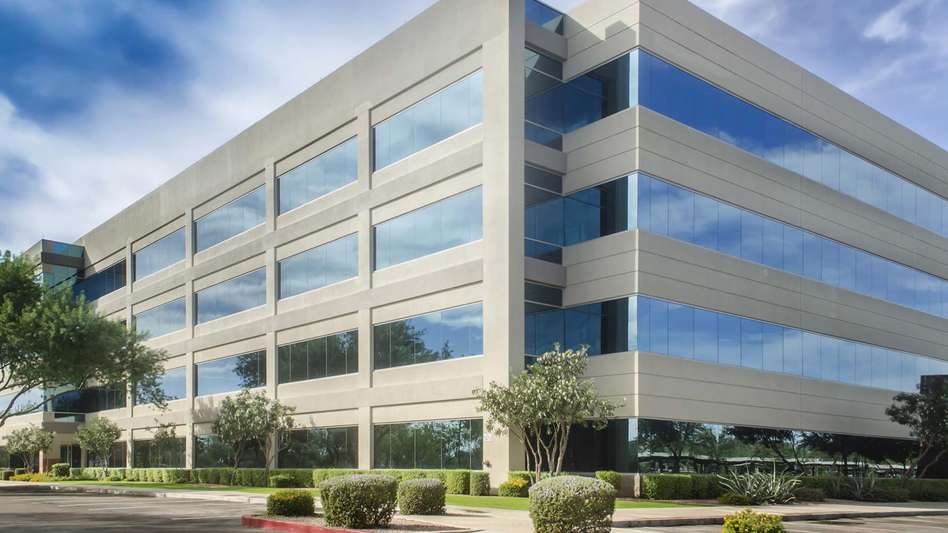Commercial property
Avoiding trouble at the end of a commercial lease

We are regularly contacted by landlords and tenants about business lease problems. This is often related to a breach of an obligation relating to the condition of the property and often comes to light at the end of a lease.
What can go wrong?
A landlord and tenant enter into a lease for ten years and throughout that period the condition of the property deteriorates. The landlord does not inspect the property during this time so doesn’t know about the deterioration. The tenant, who sees the property every day, does not notice the gradual deterioration. The term expires and the tenant leaves.
For the landlord: When the lease expires the landlord must incur significant costs in instructing a solicitor and surveyor to set out their claim against the tenant for the tenant’s breach of repairing obligations. What if the tenant cannot pay? The landlord may be left meeting the cost of the repairs themselves if they are to re-let the property. Or they may receive a reduced price in the event of the property being sold. Statutory limitations on lease-end claims also mean that landlords can be left out of pocket.
For the tenant: They are likely to receive the landlord’s claim and they too have little option but to incur significant costs instructing professionals to assess the landlord’s claim, to make sure it is not overstated. They may then be liable for the cost of repairs, consequential losses that the landlord suffers (for example loss of rent), plus the costs incurred by the landlord in bringing the claim, as well as their own costs.
What could they do differently to reduce the risk of all this?
On the landlord’s side – there are usually a number of options provided for in the lease to ensure that the property is not allowed to deteriorate during the term. However, all of them require the landlord to be proactive during the term of the lease. This means the landlord should instruct an appropriately qualified surveyor to inspect the property at regular intervals (for example every two to three years).
Options available to the landlord during the term of the lease
Specific performance / injunction: a claim at Court to seek an Order that the tenant carries out specific works, takes steps to remedy defects which threaten to cause further damage or refrain from acting in a way which is causing damage to the property.
Forfeiture: a process by which the lease may be brought to an end if the tenant remains in breach of the lease. It involves giving a notice specifying the breaches followed by a Court hearing.
Notice of breaches: a process which involves giving a notice to the tenant specifying the breaches and giving a period within which the tenant must complete the works. If they fail to do so the landlord may enter and carry out the works themselves and claim the costs back.
Correct procedure
These remedies are subject to many statutory hurdles and restrictions so it is important to seek advice and follow the correct procedure. Failure to do this can result in the notices being invalid, the claim being unsuccessful, or a claim by the tenant against the landlord or indeed mean that some or all of the costs incurred by the landlord are not recoverable against the tenant.
What can the tenant do during the lease?
A tenant ought to take surveying and legal advice before entering into the lease in order to understand the full extent of their obligations.
Given the potential impact on the tenant’s business of the landlord taking one of the steps available to them in the event of a breach, the tenant is also well advised to be proactive during the term of the lease. Where there are obligations which are periodic (such as an obligation to decorate in the fifth year) the tenant should make sure they remember to do this when the date comes around.
The tenant should also have the property inspected by a professional during the lease and again around a year before the end of the term. This is to review whether there has been any deterioration and what works are required to bring the property up to the required standard.
Another good idea is to set up a fund into which regular payments are made to ensure that money is available to carry out required works.
Be proactive is the message
Early advice and proactive repair management is the best way for both landlord and tenant to protect themselves from the misery that breaches of repair obligations can bring.
Looking for advice about a commercial lease? We act for landlords and tenants. Call our Commercial Property team on 0800 013 1165 for a free initial chat, at no obligation, or fill out our enquiry form and a solicitor will get in touch.
Tees is here to help
We have many independent financial advisers who are based in:
Cambridgeshire: Cambridge
Essex: Brentwood, Chelmsford, and Saffron Walden
Hertfordshire: Bishop's Stortford and Royston
But we can help you wherever you are in England and Wales.
Chat to the Author, Darren Perks
Executive Partner, Dispute Resolution and Litigation, Bishop's Stortford office
Meet Darren
- Areas of expertise
- Accreditations
- Testimonials
Legal 500 UK 2021
'Darren Perks and Caroline Metcalf are stand-out partners.'



